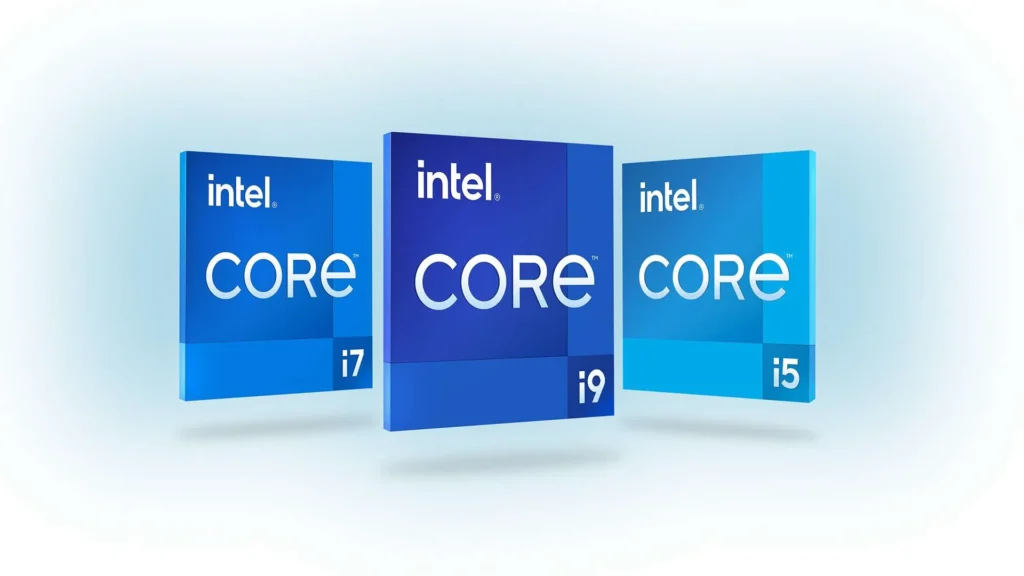
Intel’s latest generation of desktop CPUs, the 13th and 14th Gen models, has been plagued by a critical issue: unexpected crashes leading to permanent damage. While the tech giant initially promised a salvaging patch in mid-August to address the root cause of elevated voltage, it has since become clear that this solution is a mere Band-Aid for future problems, offering no relief to those whose processors have already suffered irreversible damage.
Read More interesting articles on trendystring.com
A report by Tom’s Hardware has confirmed the worst fears of countless users: any degradation to the CPU caused by these crashes is permanent. Intel, while acknowledging the issue, has been evasive about the extent of the problem and its responsibility towards affected customers.
Investigations have revealed that high voltage is a primary culprit behind these failures, but it’s not the sole reason. Intel has admitted to a manufacturing defect involving oxidation that affected some chips, a problem that was rectified last year. However, the full scope of the issue remains shrouded in mystery.
Users are understandably furious and demanding answers. Questions about recalls, extended warranties, and replacement programs have been met with silence or vague promises from Intel. The company has refused to provide estimates of affected chips, and its decision to continue selling these potentially defective processors has raised eyebrows.
Intel maintains that the upcoming patch will prevent future issues for CPUs that haven’t yet experienced problems. But for those already suffering from crashes, the situation is dire. The company has also expanded the potential impact of the issue, confirming that any 13th or 14th Gen desktop CPU consuming 65 watts or more could be at risk.
To shed light on the situation, we reached out to Intel with specific questions. Here’s what they told us:
- Number of Affected Chips: Intel declined to provide an estimate.
- Recall: No recall is planned.
- Customer Warnings: Intel will share details about a microcode update in mid-August.
- Sales Halt: No sales halt or inventory recall.
- Patch Effectiveness: Intel claims the patch will prevent future issues but offers no guarantees for damaged CPUs.
- Warranty Extension: No information provided.
- RMA Process: Details are pending.
- Support for Older Generations: Intel promises support for affected customers, regardless of the CPU generation.
- Microcode Update Application: The update will be applied to unshipped CPUs and requires a BIOS update for existing ones.
- Preventing Degradation: Adhering to Intel default settings and keeping the BIOS up-to-date is recommended.
- Manufacturing Defects: Intel will support customers affected by the oxidation issue.
- Mobile CPUs: Intel is investigating why mobile chips are unaffected.
While Intel assures us that more information and solutions are forthcoming, the current situation is far from satisfactory. Users with damaged CPUs should insist on replacements from Intel, and those with working CPUs should update their BIOS and follow Intel’s recommendations to minimize risks.